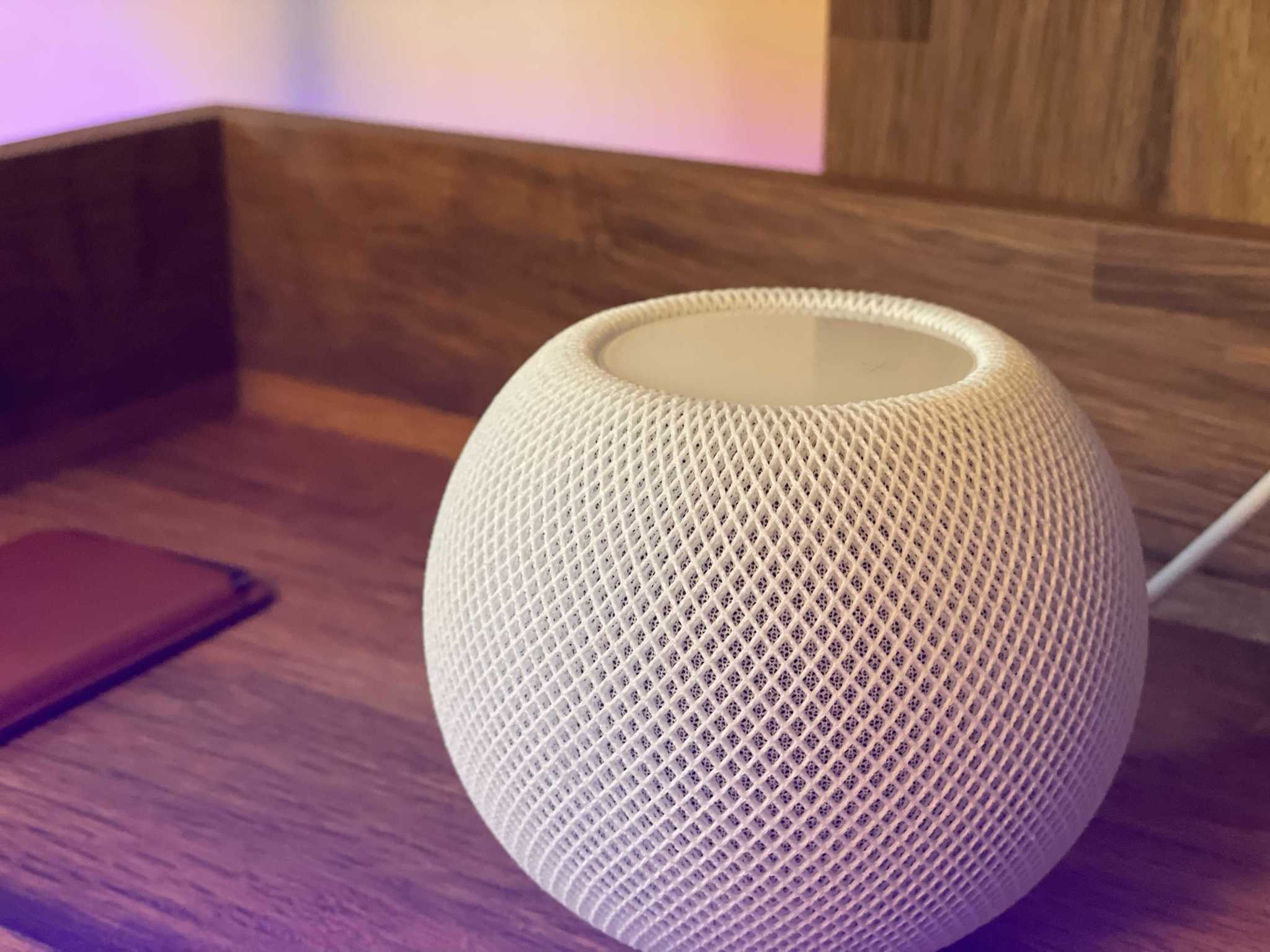
[ad_1]
 Source: Stephen Warwick / iMore
Source: Stephen Warwick / iMore
The EU Commission has today published the findings of its inquiry into the ‘Internet of Things’, a sector that includes the use of virtual assistants, smart home accessories, and speakers like Apple’s HomePod mini.
Executive VP Margrethe Vestager said “The consumer Internet of Things sector is increasingly becoming part of our everyday life. The final findings of our sector inquiry confirm concerns identified in the preliminary report. This is a market with high barriers to entry, few vertically integrated players and concerns about access to data, interoperability or exclusivity practices amongst others.”
The report says that it has found the sector is growing rapidly and that there was a growing trend of the availability of voice assistants as user interfaces for interacting with other smart devices.
It says that stakeholders who participated in the inquiry said that the main barrier to entry and expansion in the sector was high technology costs and that many stakeholders “have reported difficulties in competing with vertically integrated companies that have built their own ecosystems within and beyond the consumer IoT sector”, struggling to compete with the likes of Apple, Amazon, and Google who “determine the processes for integrating smart devices and services in a consumer IoT system” as the market leaders.
Areas of concern highlighted include exclusivity and tying practices in relation to voice assistants and limited possibilities to use certain voice assistants on the same device, the use of voice assistants and smart devices as intermediaries between users and smart devices, the extensive access to data, and a lack of interoperability between consumer IoT tech because of a few “de facto standards”. The full report states:
The findings of the sector inquiry show that, in practice, integration processes that enable interoperability between different components of a consumer IoT ecosystem are largely driven by the leading providers of smart (mobile) device operating systems and voice assistants, namely Amazon, Google and Apple. These providers govern integration with their products by imposing certification processes, which they control unilaterally in most cases. The various specifications and types of software that enable interoperability with the leading operating systems and/or voice assistants are typically made available to third parties subject to the conclusion of agreements. Such agreements are usually standardized terms and conditions, and are generally not open to negotiation with counterparties, with the exception of prominent players with strong negotiating power.
The EU says the report will guide the Commission’s future enforcement and regulatory activity and would take a case-by-case approach to enforce any competition measures.

Apple-themed Pride shirts you’ll love to wear
Apple’s iconic rainbow logo has often been associated with the LGBT+ movement. Show your support by wearing an Apple-themed Pride t-shirt, including the one we like the best.
[ad_2]
Source link
www.imore.com
Stephen Warwick